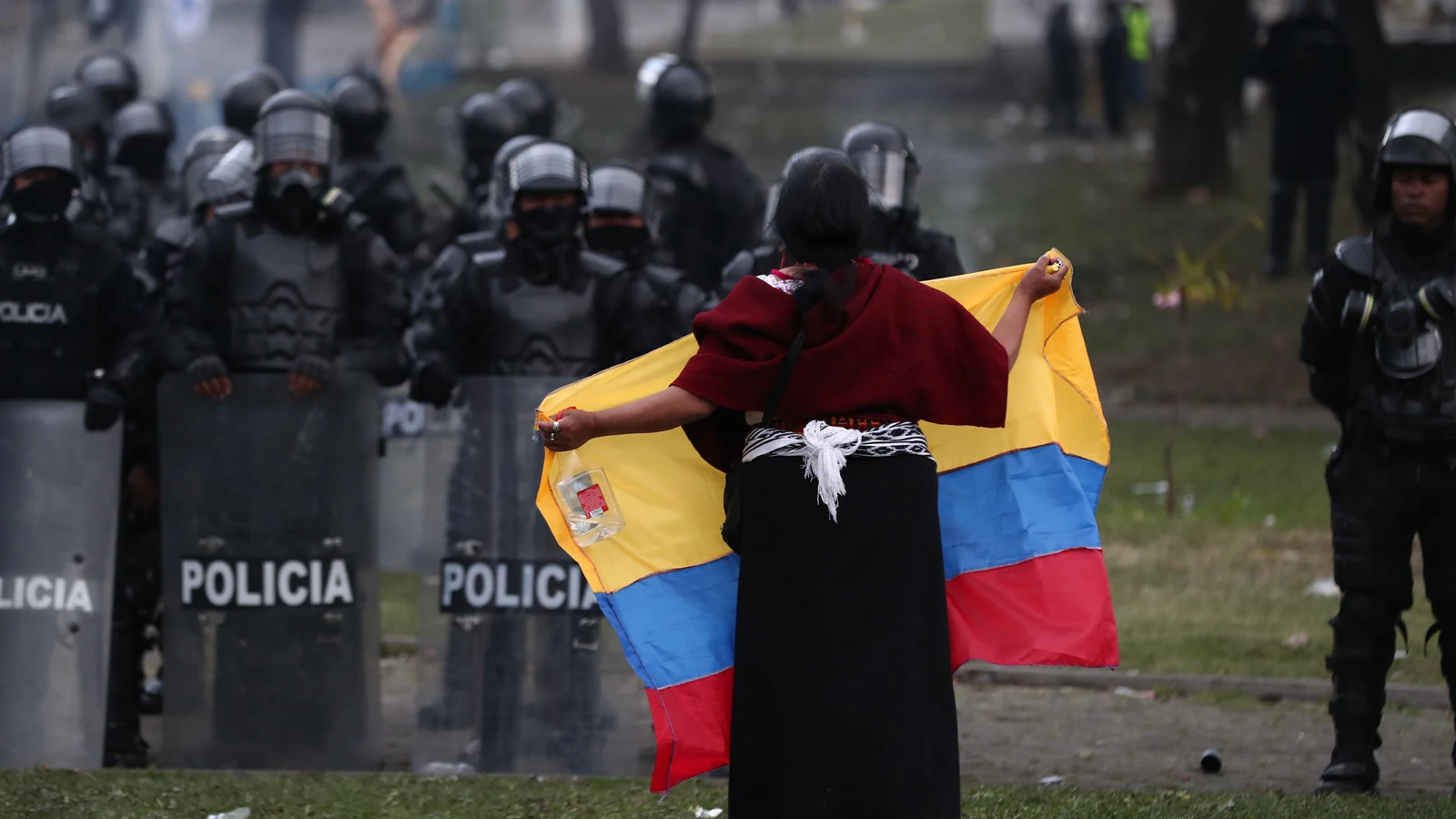
*Por Juan Francisco Camino
While political science has delved into the factors why democracy “endures” in Latin America, Ecuador is experiencing what we might call a “survival” democracy in the face of the wave of insecurity that has taken hold in the country.
Gone is the country that was safe and peaceful in the 80s and 90s amidst the violence experienced by its neighbors, Peru and Colombia.
The first round of the early presidential elections, held on August 20, 2023, took place in an unprecedented context in the country. Not only because they originated from the dissolution of the parliament decreed by President Guillermo Lasso last May but also because we are witnessing a wave of assassinations of candidates and authorities. Among the victims were Agustín Intriago (mayor of Manta) and former presidential candidate Fernando Villavicencio Valencia. In the last week of August, with clear intimidation intentions, car bombs were used in public buildings in Quito, specifically where the National Secretariat for Comprehensive Care for People Deprived of Liberty operates, an executive branch institution responsible for managing the country’s prisons.
These images are reminiscent of past experiences in Latin America and tales from times when the infamous and repugnant drug trafficking and organized crime leaders cornered the democratic institutions of neighboring countries. Drug trafficking is the cancer of our Latin America, and as it metastasizes, it has taken its toll on Ecuador. The violence the country is experiencing is just the pus that emerges from an infection that eats away at freedom and destroys the social fabric.
In this context, Ecuadorians went to the polls in August 2023. Although the voting process went smoothly without violent incidents, fear has taken hold in the streets, and candidates have received security recommendations, such as wearing protective gear all day. The President even ordered that the security detail for the finalist candidates be personnel from the Armed Forces, a role usually taken by the National Police.
Organized crime operates freely and is co-opting everything in its path. This murderous and voracious monster has already erased the “island of peace” that was Ecuador. Organized crime continues to undermine the country’s weak institutions and devour what remains of its democracy, leaving only a trail of fear, pain, and the table set for some authoritarian “messiah.”
It’s obvious to mention that citizens’ discourses have centered on security because, without it, any other human action is hindered, as Thomas Hobbes rightly pointed out to legitimize the absolute state. And it seems that this basic need of the people is affecting Ecuadorian democratic legitimacy.
This year’s Latinobarómetro report reflects a profound crisis of democracy in Ecuador: only 37% of surveyed citizens are favorable to democracy, while support for an authoritarian regime has grown to 19%. This situation will be impossible to resolve in the next year and a half remaining for this government term. Moreover, the current context is the perfect breeding ground for the advent of authoritarianism.
To all this, we must add that Ecuador has questioned security forces, not only for their deficiencies in action but also for suspicions of being involved in illegal activities, such as the co-optation of funds in organizations operating outside the law, or the lack of controls in the prison system. Ecuador has grown accustomed to news in which everything imaginable is found in prisons: rifles, grenades, computers, communication equipment, fighting dogs, and even swimming pools with types of fish that are part of our export products.
How is it possible that, apart from what is indicated in prisons, inmates build checkpoints inside these detention centers, and they are in charge of their control? Can anyone explain the security failures of former candidate Villavicencio, who was assassinated with three shots to the head at 5:30 p.m. in the north-central part of the capital? In 2021, the US Embassy denounced several generals of the armed forces and police involved in drug trafficking activities. What happened to this complaint? How much progress has been made in the investigation?
Under these conditions, the country must return to the polls for the second round of the presidential elections on October 15, 2023. Today in Ecuador, there is the constant fear that a stray bullet can take the life of a loved one or the uncertainty of knowing if children arrive home safely after school. It’s uncertain if it’s worth talking about politics, and even fewer would dare to participate in it because by doing so, one can lose one’s assets, peace of mind, and even one’s life.
The country is living in a survival democracy. Organized crime operates freely and is co-opting everything in its path. This murderous and voracious monster has already erased the “island of peace” that was Ecuador. Organized crime continues to undermine the country’s weak institutions and devour what remains of its democracy, leaving only a trail of fear, pain, and the table set for some authoritarian “messiah.” I hope I’m wrong.
- University Professor (Quito). Doctoral student at the University of Salamanca (Spain). Master in International Relations from the Institute of Higher National Studies (Ecuador) and in Political Science from the University of Salamanca.
Cover Image: La Razón, Spain.
